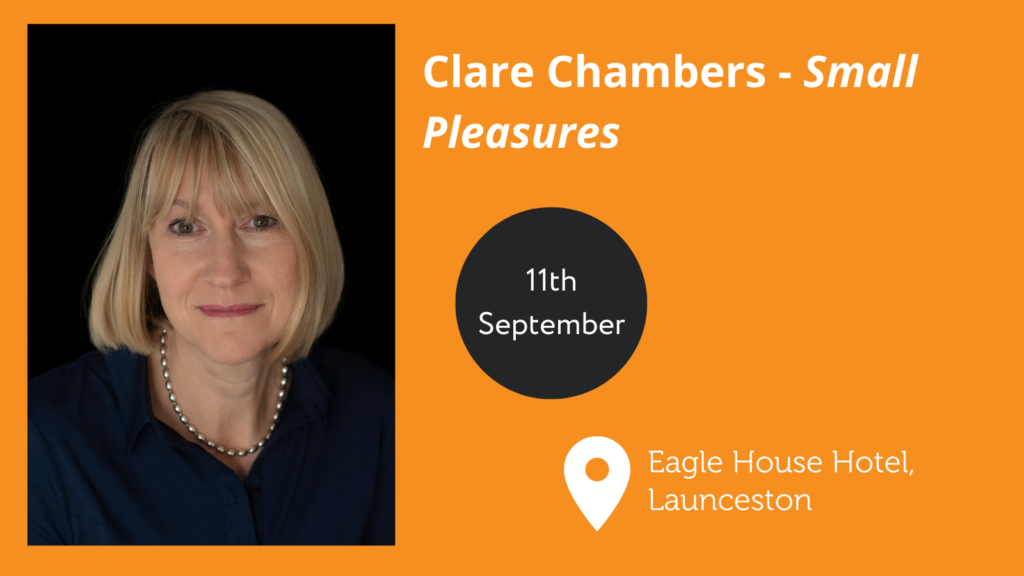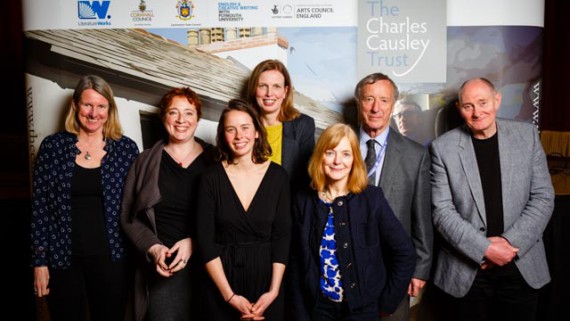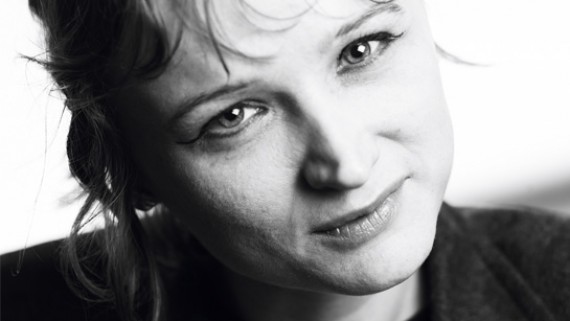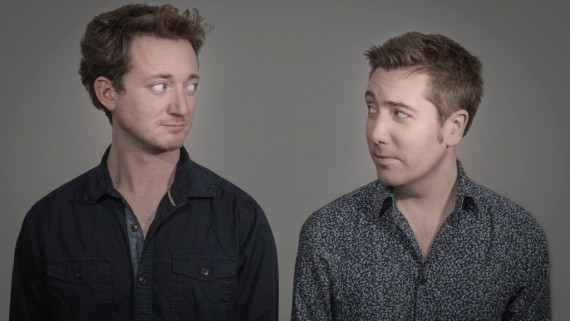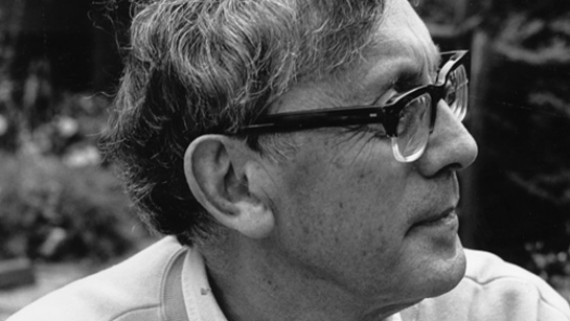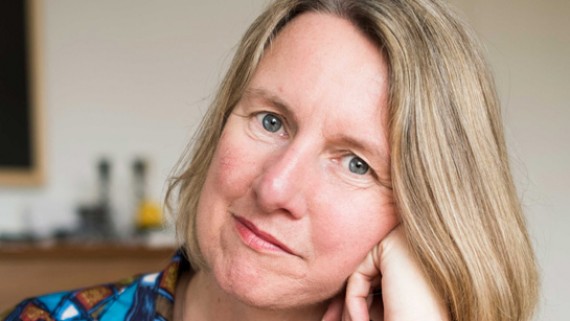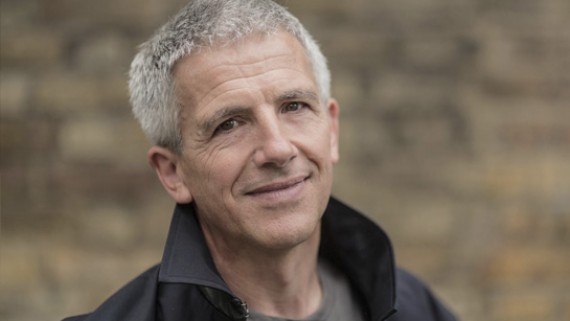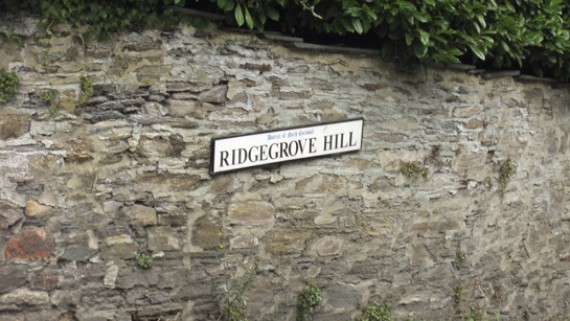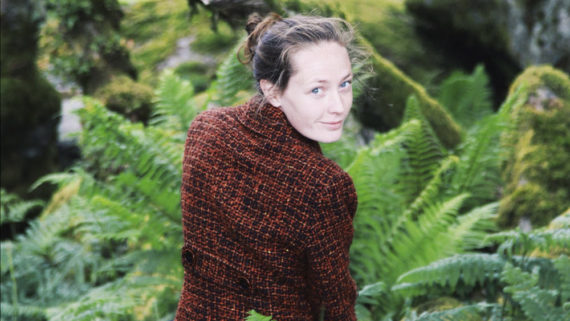Ahead of her North Cornwall Book Festival (NCBF) author tour on the 11th of September, Clare Chambers gives us an insight into the inspiration for her latest novel Small Pleasures, her writing process and what she is most looking forward to for her visit to Launceston.
Can you give us an insight into the writing process for Small Pleasures and your process for beginning your novels, generally?
The seed for Small Pleasures came from an interview I overheard on BBC Radio 4 Woman’s Hour in 2001 about a competition in the The Sunday Pictorial in 1955 to find a Virgin Mother. Several women came forward and were ruled out but one German woman, Emmimarie Jones and her daughter were subjected to many tests and even the scientists involved could not entirely agree whether her case had been proved. I thought at the time that this might make an interesting novel, but I thought of myself as a writer of comedies at that time and it struck me that this was essentially a sad story. 15 years later, after spending four years writing a book that failed to find a publisher, and a period of ‘block’, I came back to it. It was while I was researching the history of my part of South London to see whether it would do as a location, that I came across a reference to the Lewisham rail crash of 1957 and I decided to unite these two strands. I plotted the novel very carefully before I started writing so that there were no wrinkles to trip me up on the way. The experience of writing the unpublishable book made me very cautious about taking a less structured approach as this had not served me well. In the past I would have a rough outline and a sense of destination with a Bermuda Triangle of uncertainty in the middle which would need navigating. But this is a high-risk strategy and I am more of a planner these days. Once I had researched the period and had the plot mapped out, the actual writing took about two years – the blink of an eye, by my standards. I write quite slowly, revising as I go, rarely more than 600 words a day, so that my first draft is pretty much my last.
Was there a particular reason why you set the novel in the late 1950’s?
The novel had to be set in the late 1950s as that was when the Virgin Birth story on which the book is loosely based, and the Lewisham rail crash, took place. The scientific tests available in those days allowed for a certain amount of ambiguity – today with DNA testing the mystery would be solved within a day. The 1950s setting appealed of course for other reasons too – the sense of an era coming to an end, a time of limited opportunities for women and stricter moral codes which would soon be blown away by the social revolution of the sixties, just too late for my characters.
The book explores a sudden chance at happiness, in a quiet (and perhaps) dull world of small, everyday pleasures. Did this formulate the title? What do small pleasures mean to you and in the context of the book?
I have to admit that the title was not my idea, but a suggestion of the publisher, after many months of head-scratching. My original title for the book was The Special Child, which got an emphatic thumbs down. Their suggestion was just right as it captures the melancholy flavour of the book. I was surprised when readers seemed to embrace the idea of life’s small pleasures as something entirely positive. Little treats and rituals, though comforting, can be seen as a barrier between Jean and the emotional risks of a fuller, more challenging life. There is certainly an ironic intent in the title of the book – compared to the experience of a passionate relationship, the pleasures Jean can look forward to are small indeed.
I really love the book cover for Small Pleasures. How much involvement do you have in creating your book covers?
My editor and I had discussed the possibility of tangerines as a cover image and we both loved the cover image as soon as we saw it. I’m sure it played a significant part in the book’s success. This I have to say was an unusually successful and harmonious process. In my experience the writer doesn’t have much control over the cover – you can make suggestions, or object if you really hate what is proposed, but the publisher knows their market and sometimes the author’s aesthetic is not necessarily geared to selling books.
What are you most looking forward to about your author tour event in Launceston, and the tour more generally?
The thing I always look forward to about book events is meeting readers and hearing their interesting questions. Surprisingly often readers see things in your books that you had never noticed until they were pointed out. It’s also good to know what other books they recommend. I am particularly interested to see Launceston, as the setting for Patrick Gale’s Mother’s Boy. Visiting Cornwall always reminds me of happy holidays – from my own childhood and my children’s.
You can secure your ticket to Clare’s author tour in Launceston here.









